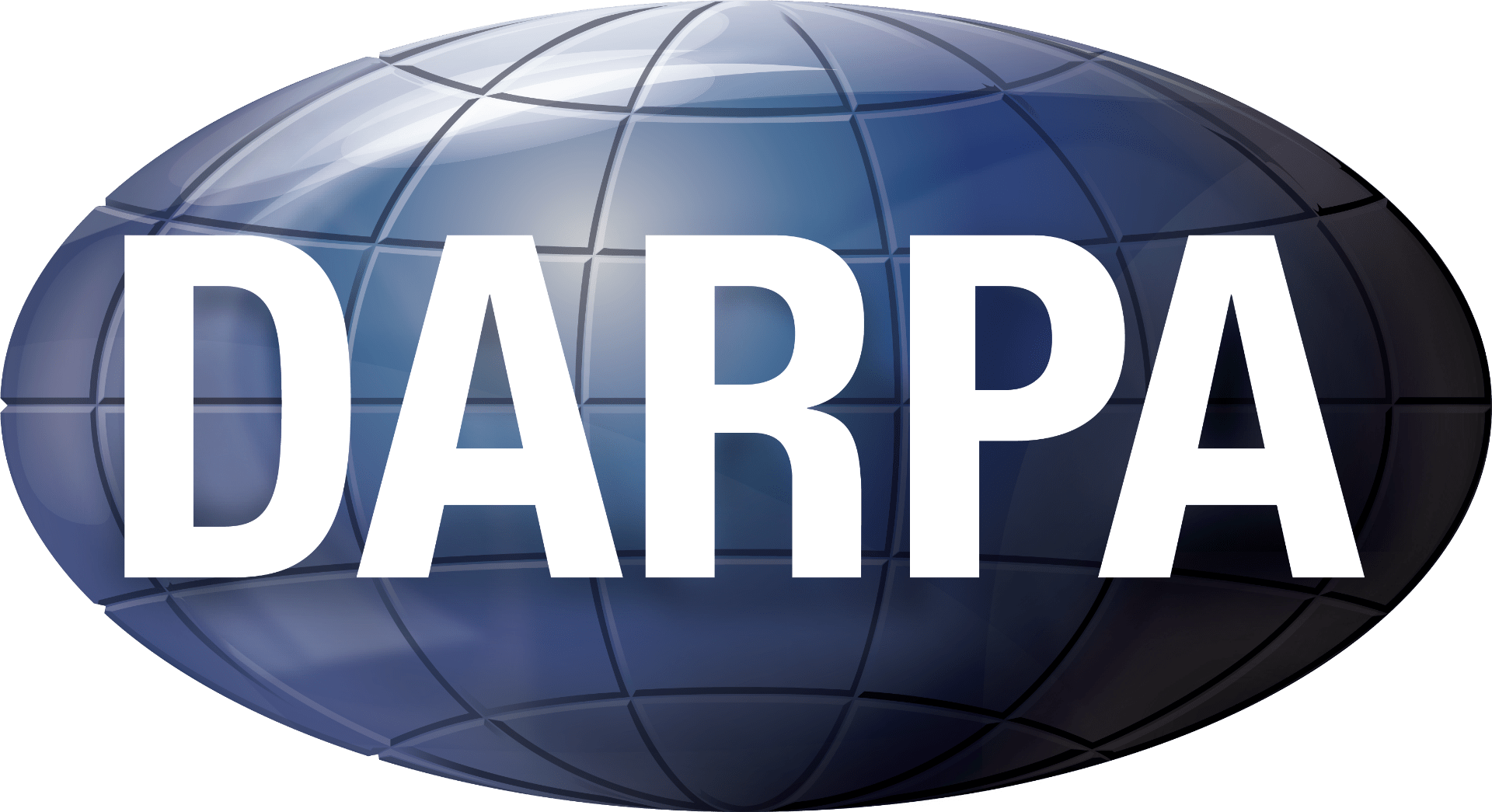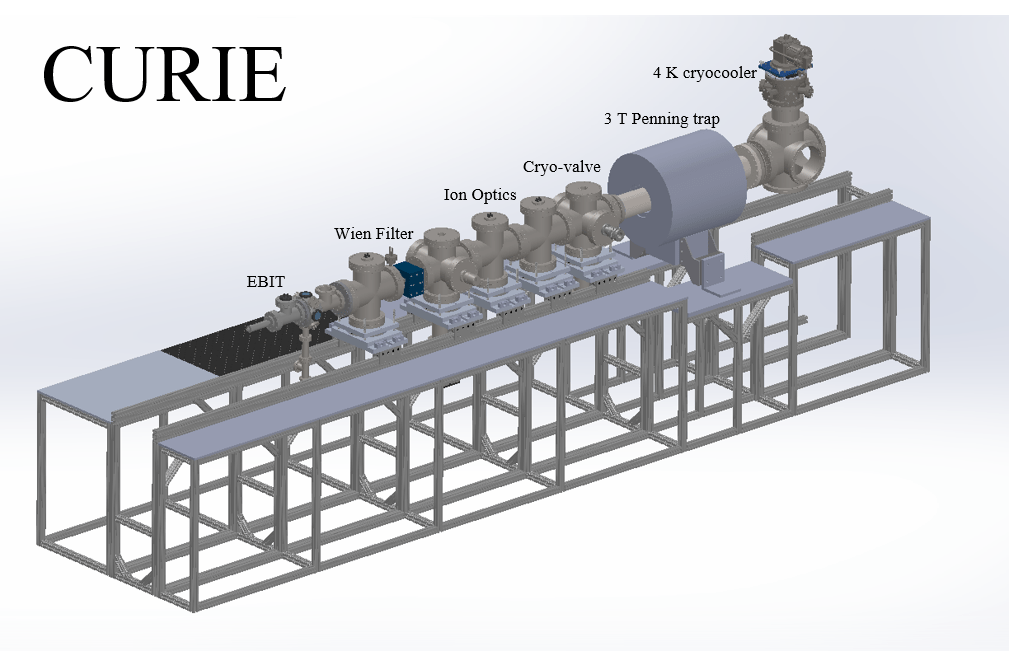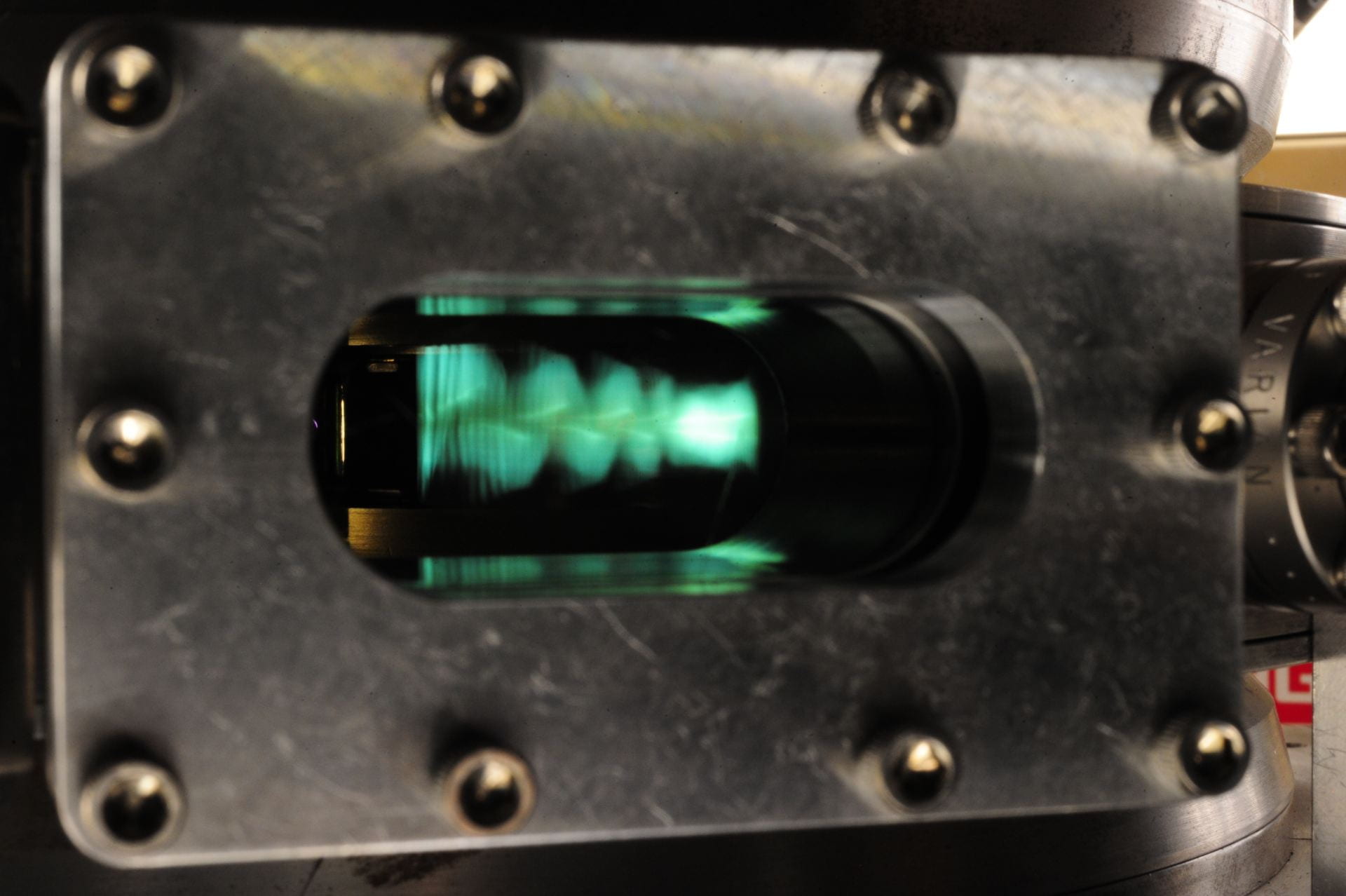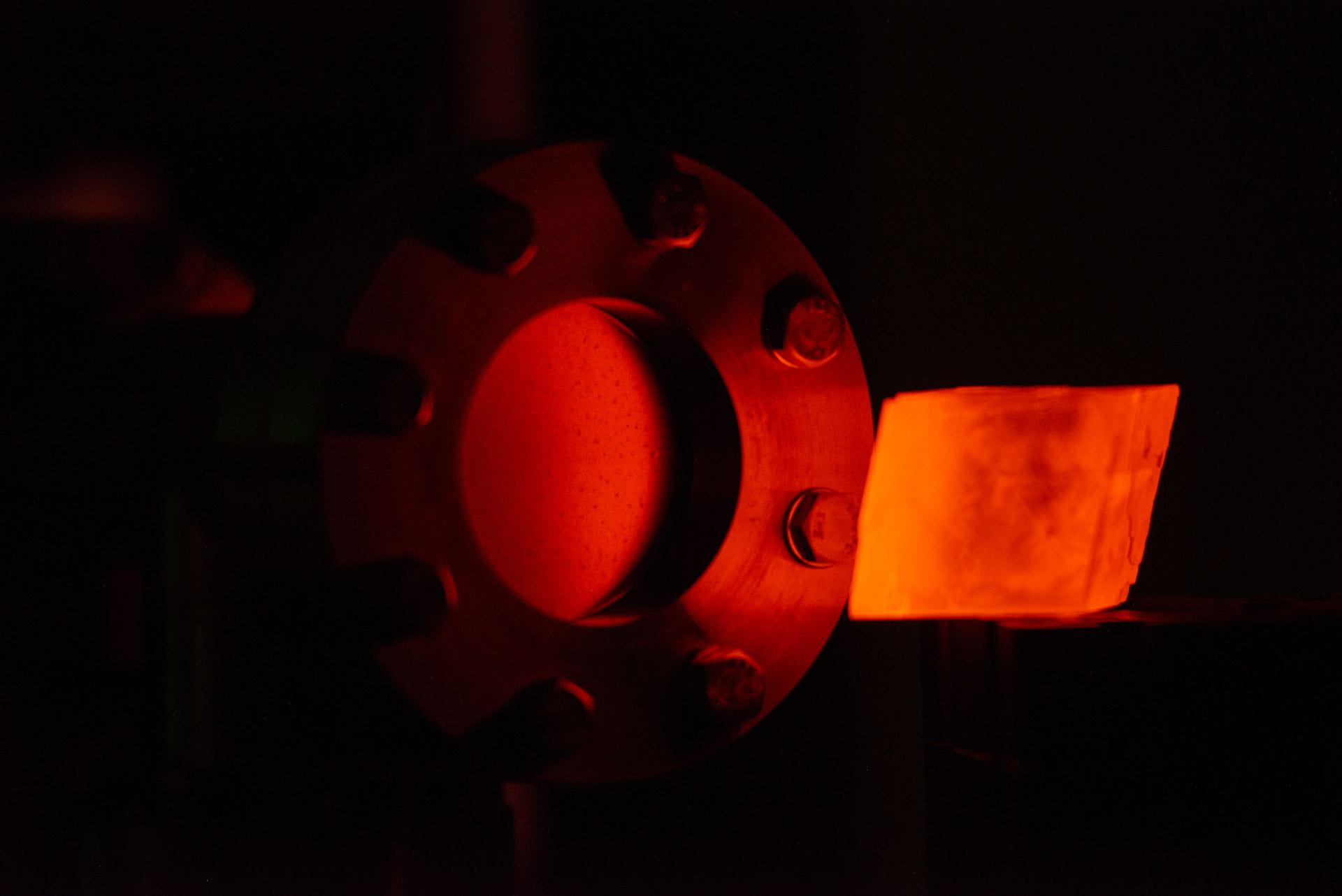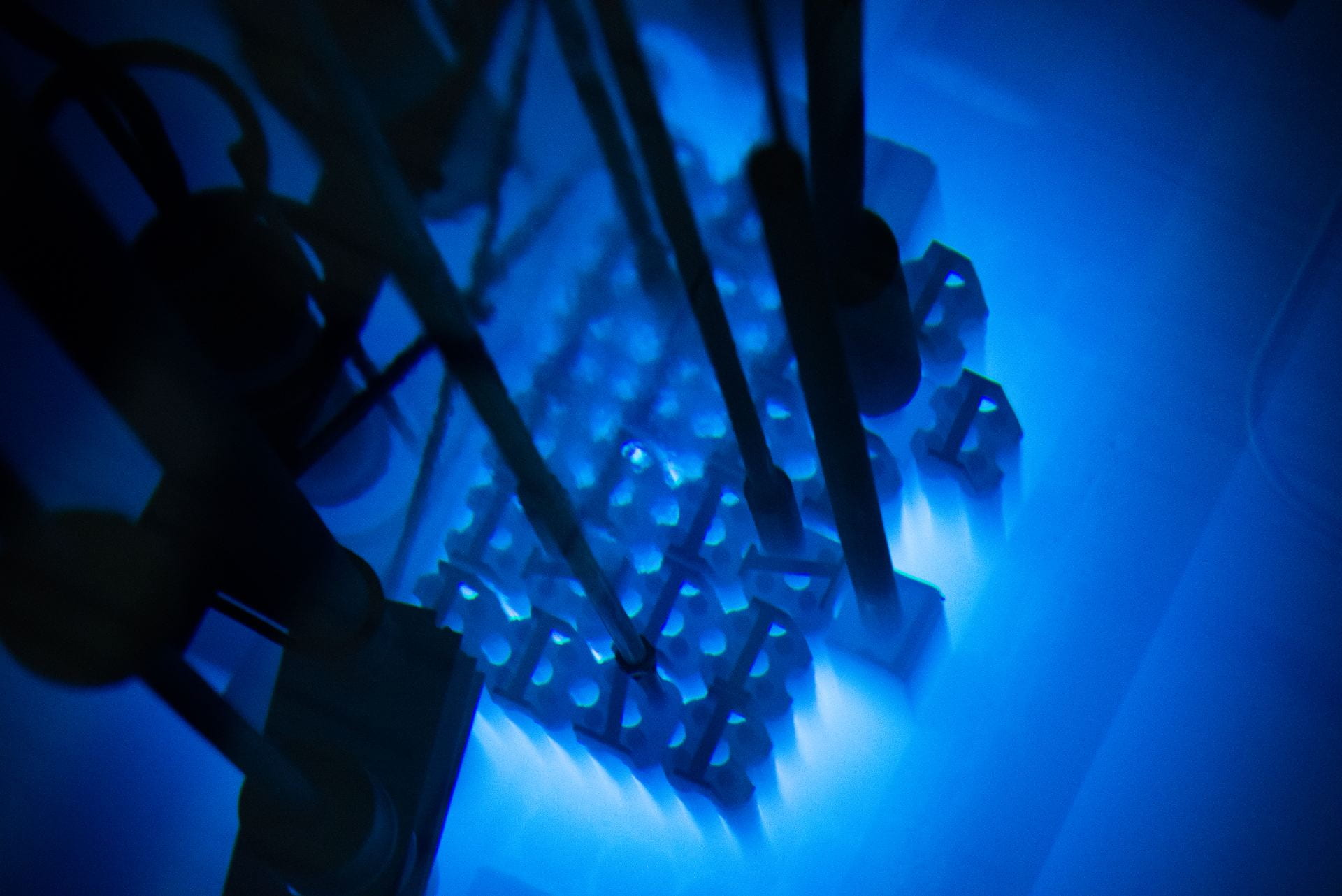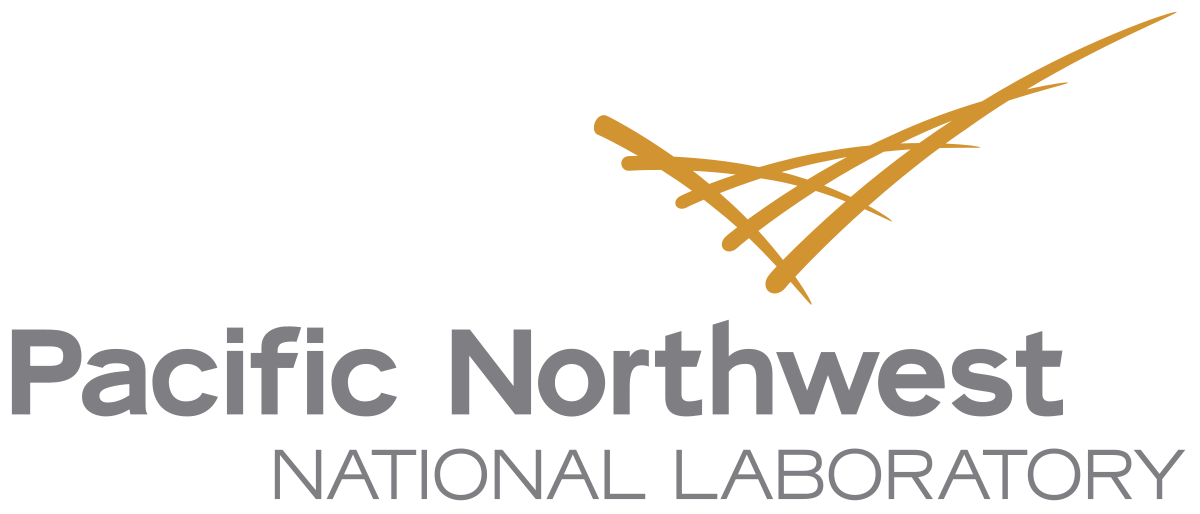The Koeth Research Group (KRG) is a collection of talented scientists and engineers whose expertise and research cover a broad range of topics in the realm of materials and physical sciences, with a common theme of materials at the extremes; these include materials “processed” in extreme environments, materials operating at extreme conditions, and materials to produce extreme conditions.
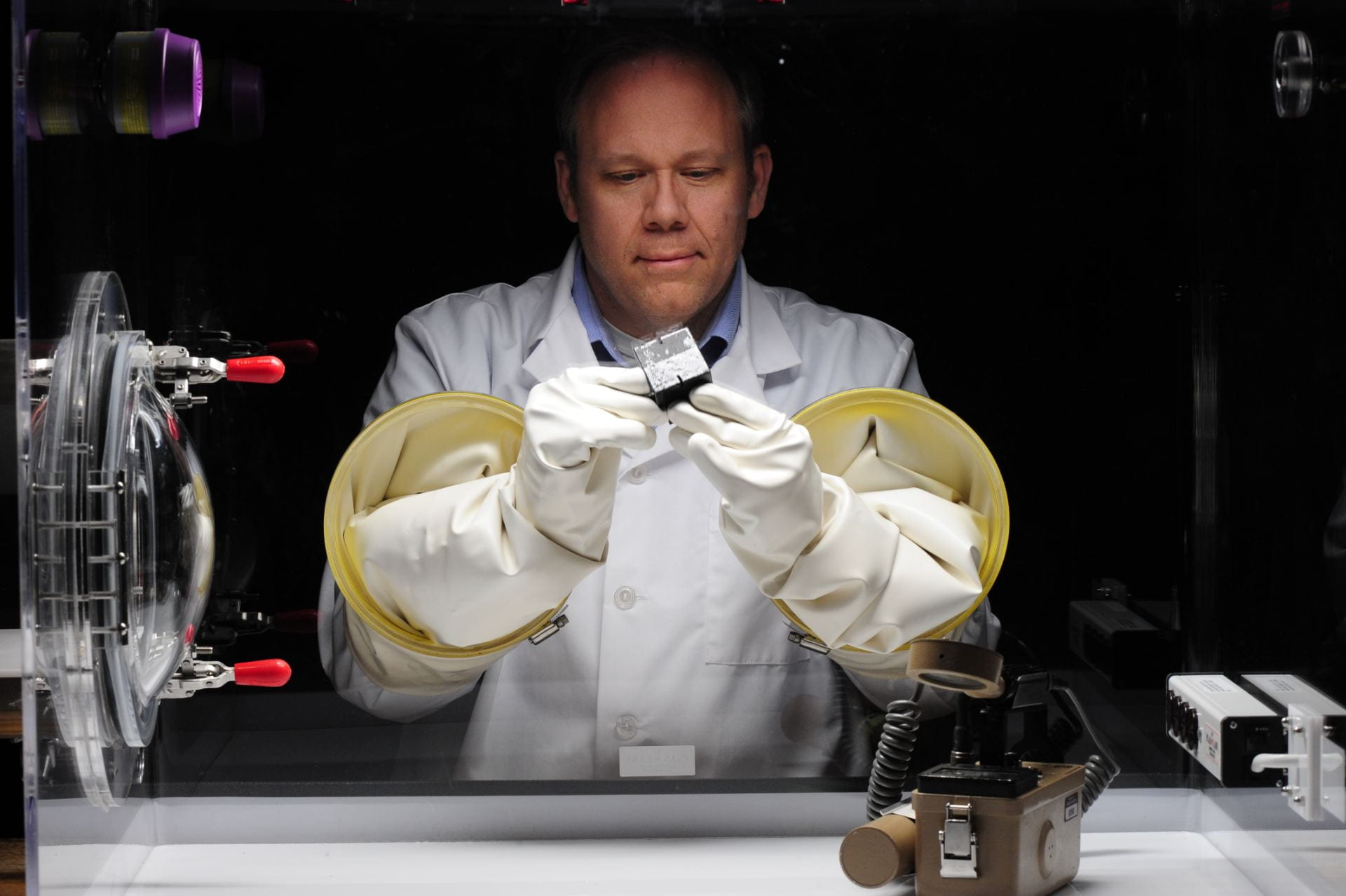 There are few environments more harsh than nuclear environments. The KRG explores these several ways, from integrating AI techniques with state of the art radiation detection systems to performing nuclear forensics analysis on materials used in
There are few environments more harsh than nuclear environments. The KRG explores these several ways, from integrating AI techniques with state of the art radiation detection systems to performing nuclear forensics analysis on materials used in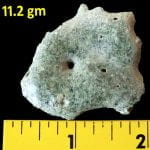 past and present nuclear reactors as well as post-det sites.
past and present nuclear reactors as well as post-det sites.
We explore those even harsher environments too! The KRG is developing the CURIE Trap, (the Cryogenic Ultrahigh vacuum, Radioactive Ion Experimental Trap) to study the half-lives of light ions and interactions in stellar nucleosynthesis.
The Koeth Research Group is an active participant in the US CMS Heavy Ion Group working at CERN’s Large Hadron Collider. We are characterizing and developing radiation hard detector media for 5 TeV neutrons (5,000,000,000,000 eV !). In just minutes, the UMD Radiation Facilities’ high-power electron linear accelerator exposes materials to doses similar to those they would receive at the LHC over the course of a month.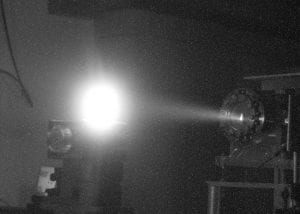
Our research also includes novel energy storage devices, materials development for and characterization of radiation hard devices and nuclear radiation detectors, and materials for high-power RF sources and switches.
The Koeth Research Group enjoys a close collaboration with the University of Maryland’s Nuclear Reactor and Radiation Facilities, which is home to UMD’s TRIGA Nuclear Reactor, 60Co Panoramic Irradiator, Electron Linear Accelerator, and Proton-Deuteron Cyclotron, all of which enable our experimental activities.
Our external collaborators, partners, and sponsors include Los Alamos National Labs, Pacific Northwest National Lab, Lockheed Martin Company, US Department of Energy, Fermilab, and the National Science Foundation.
